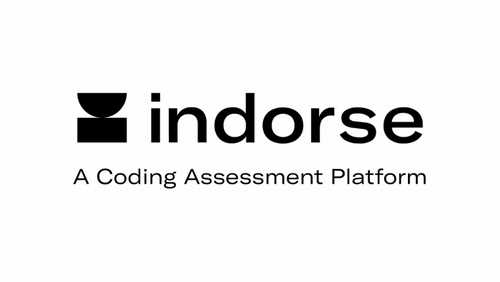Bitfinex issued its reply in an official blog post on Aug. 20. Tether published the same response on its website, also on Aug. 20. The companies maintain that the NYAG’s claims are meritless and say they will pursue the issues at hand in appeals court.
Bitfinex and Tether have replied to Judge Joel Cohen’s recent ruling in the New York Attorney General (NYAG) ongoing case against companies.
Cohen dismissed Bitfinex’s motion to throw out the case due to lack of jurisdiction, so the NYAG will continue to prosecute the companies via the Martin Act.
NYAG’s allegations
Back in April, the NYAG filed a complaint against iFinex, Bitfinex and Tether alleging that the companies defrauded New York investors by covering up an $850 million loss on the Bitfinex trading platform. Attorney General Letitia James wrote:
“Our investigation has determined that the operators of the ‘Bitfinex’ trading platform, who also control the ‘tether’ virtual currency, have engaged in a cover-up to hide the apparent loss of $850 million dollars of co-mingled client and corporate funds.”
Jurisdiction is key
In an unrelated case previously reported by Cointelegraph, Justice of the High Court of England and Wales Matthew Nicklin threw out a libel suit on the grounds that the court had no jurisdiction. Craig Wright brought the suit against Bitcoin Cash (BCH) proponent and Bitcoin.com CEO Roger Ver. Wright is a computer scientist who declares that he is Satoshi Nakomoto, i.e. the creator of Bitcoin – a key point in another legal battle he is fighting.

In his decision, Justice Nicklin wrote:
“The evidence clearly demonstrates that the most substantial publication of the statements complained of is in the U.S. It is common ground that, of the global publication, only some 7% took place in England and Wales.”
Bitcoin Lightning Network Implementation C-Lightning Gets an Upgrade
Blockchain development company Blockstream announced the release of version 0.7.2 of its scalability software c-lightning.
On Aug. 20, Christian Decker, a blockchain researcher at Blockstream, announced the new release on Twitter. According to the post, the latest version of c-lightning supports dynamic plugin management as well as “the upcoming signet.” This version is also named «Nakamoto’s Pre-approval by US Congress”, and is available via GitHub.
C-Lightning and the Lightning Network
As previously reported by Cointelegraph, c-lightning is one of the implementations of the Lightning Network, which is an additional layer on the Bitcoin blockchain that lets users set up temporary channels to perform transactions. This mechanism apparently lets users conduct transactions extremely quickly and at a low cost.
Additionally, the Lightning Network has three major developers: Blockstream, Lightning Labs and ACINQ. Blockstream’s c-lightning is written in the programming language C, while Lightning Labs and ACINQ are written in Golang and Scala, respectively.
Blockstream’s co-founder joins Square Crypto
This week, Square Crypto, the crypto development branch of mobile payments provider Square, hired Blockstream co-founder Matt Corallo for its small team. In addition to co-founding Blockstream, Corallo worked there for about two and a half years. He commented:
“So excited to be joining the @sqcrypto team over the coming weeks. Experimenting with different models to accelerate Bitcoin OSS is awesome!”
Bank of England Governor: Libra-Like Currency Could Replace US Dollar
Mark Carney, the Governor of the Bank of England, has suggested a transformation of the global financial system by replacing the United States dollar with a digital currency similar Facebook’s Libra.
Delivering his speech at the U.S. Federal Reserve’s annual symposium in Jackson Hole, Wyoming, Carney said that a Libra-like digital currency could replace the U.S. dollar as the world’s reserve currency, Bloomberg reported on Aug. 23.
Carney said that replacing the dollar with a digital currency would be a better option than allowing its reserve status to be replaced by another national currency such as China’s renminbi. He added that a new “Synthetic Hegemonic Currency” could be best provided by the public sector, through a network of central bank digital currencies:
“The combination of heightened economic policy uncertainty, outright protectionism and concerns that further, negative shocks could not be adequately offset because of limited policy space is exacerbating the disinflationary bias in the global economy.”
In July, Carney argued that Libra, due to the massive scale of the project, has to be virtually perfect at the outset in order for it to be released at all, saying:
“It’s either successful or it isn’t. If it’s successful, it becomes systemic, because it would involve a very large number of users. And if you’re a systemic payment system, it’s 5-sigma. You have to be on all the time. You can’t have teething issues. You can’t have people losing money out of their wallets.”
Back in February 2018, Carney claimed that Bitcoin cannot be considered a legitimate currency by traditional definitions – neither a means of exchange, nor a store of value.


